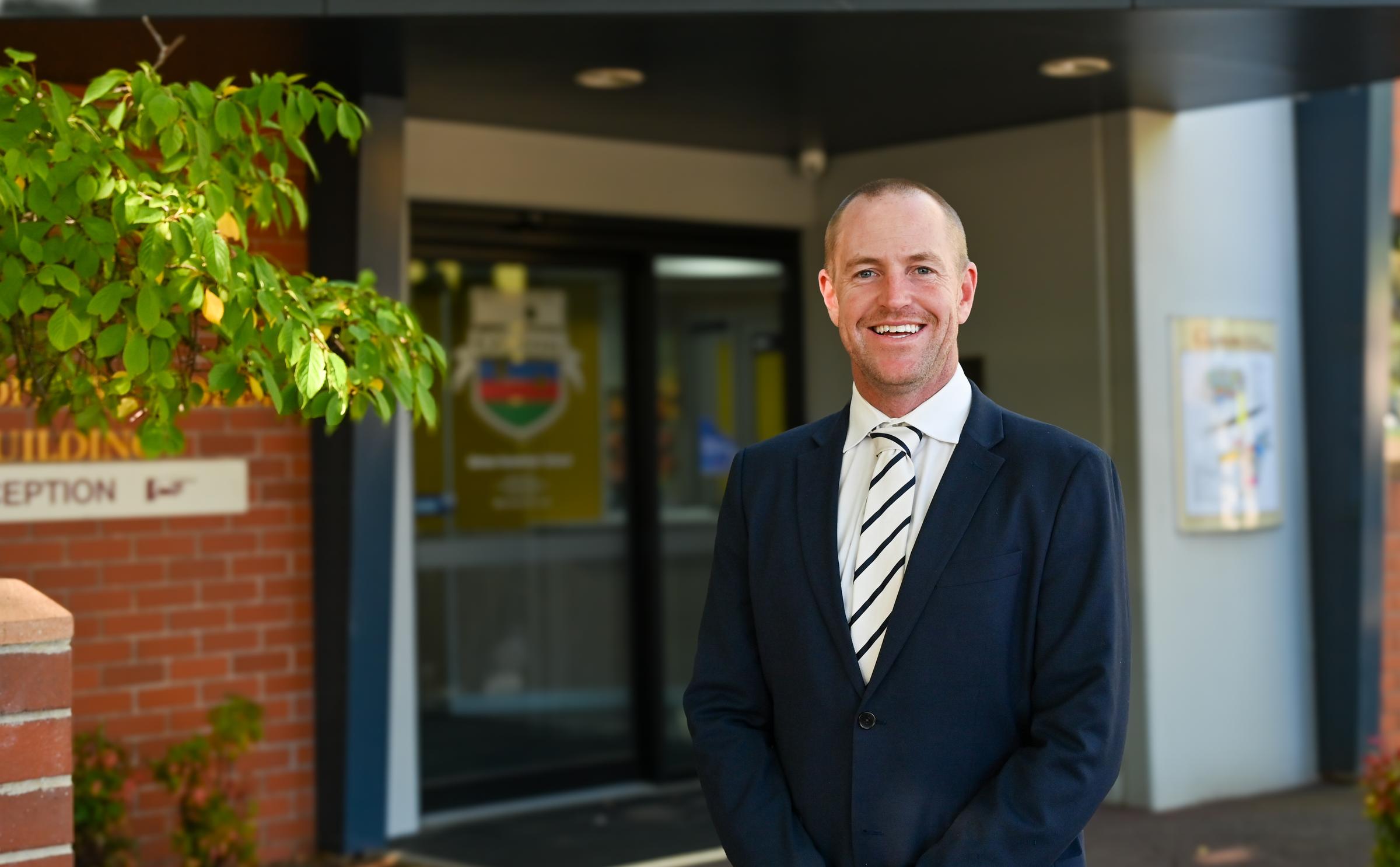From the Acting Head of Senior School

I recently had the privilege of attending the House Captains and Leaders Breakfast. This was a lovely event, where our Senior School student leaders, including our School Captains and House and Vice Captains, spent time with the Junior School student leaders.
On the theme of student leadership, Term Three sees the beginning of application and voting processes for the next year’s student leaders. Applications for Prefects and House Captains have now closed, and we look forward to working through this process with students who have applied.
Over the past two weeks, our Senior School hosted Parent-Teacher Conferences for all year levels. We were trialling a new format for these, in which teachers met with students and parents online while still engaging in meaningful conversations about Semester 1 exam results, learning habits, and strategies for improvement in upcoming assessments.
In the past fortnight, our team has also run a series of subject selection fairs and information evenings for students in Years 8, 9 and 10. These events provided valuable opportunities for students and their families to explore the wide range of elective subjects available in 2026. As students move through secondary school, the subjects they choose play an increasingly important role in shaping their learning pathways, skill development, and preparation for further study or career aspirations.
Years 7 and 8: In the early years of secondary school, students are introduced to a broad range of subjects. This stage is all about exploring interests and uncovering strengths. Alongside the core curriculum, students can choose from a variety of electives to broaden their experiences. When helping your child decide, it can be beneficial to select options from different areas – such as the arts, sciences and humanities – to encourage well-rounded learning. A balanced combination of academically challenging and personally enjoyable subjects can help students remain both engaged and motivated, while also fostering skills such as creativity, problem-solving and critical thinking.
Years 9 and 10: By Years 9 and 10, students have greater flexibility and responsibility in shaping their timetable. This is the ideal time to think more deliberately about the subjects that match their strengths, passions and future plans. Subject choices at this stage can influence opportunities later, particularly when it comes to VCE pathways. For instance, students considering science or maths-heavy courses at university may need to maintain certain subjects in preparation. Those feeling uncertain about their choices should seek guidance from teachers, the Head of VCE and Student Futures, or even senior students who can share first-hand experiences about course content and workload.
Years 11 and 12: Subject selections in the senior years can directly impact university entrance and career opportunities, so careful consideration is essential. We recommend families think about:
- Prerequisites – Check university and TAFE course requirements to ensure chosen VCE subjects meet necessary entry criteria.
- Strengths and interests – Selecting subjects your child enjoys and feels confident in can lead to better outcomes and sustained motivation.
- Workload balance – Consider how demanding each subject is, aiming for a mix that is challenging but manageable.
- Long-term goals – Keep future aspirations in mind when making final choices.
- Support networks – Make use of the many resources available, including information sessions, subject handbooks, teachers, the wellbeing team, Heads of House and House Tutors.
Selecting the right combination of subjects can pave the way for both academic achievement and personal growth. By weighing up interests, abilities and future ambitions, students can create a learning program that not only prepares them for the years ahead, but also helps them thrive at school and beyond.
Marcus Smalley
Acting Head of Senior School
